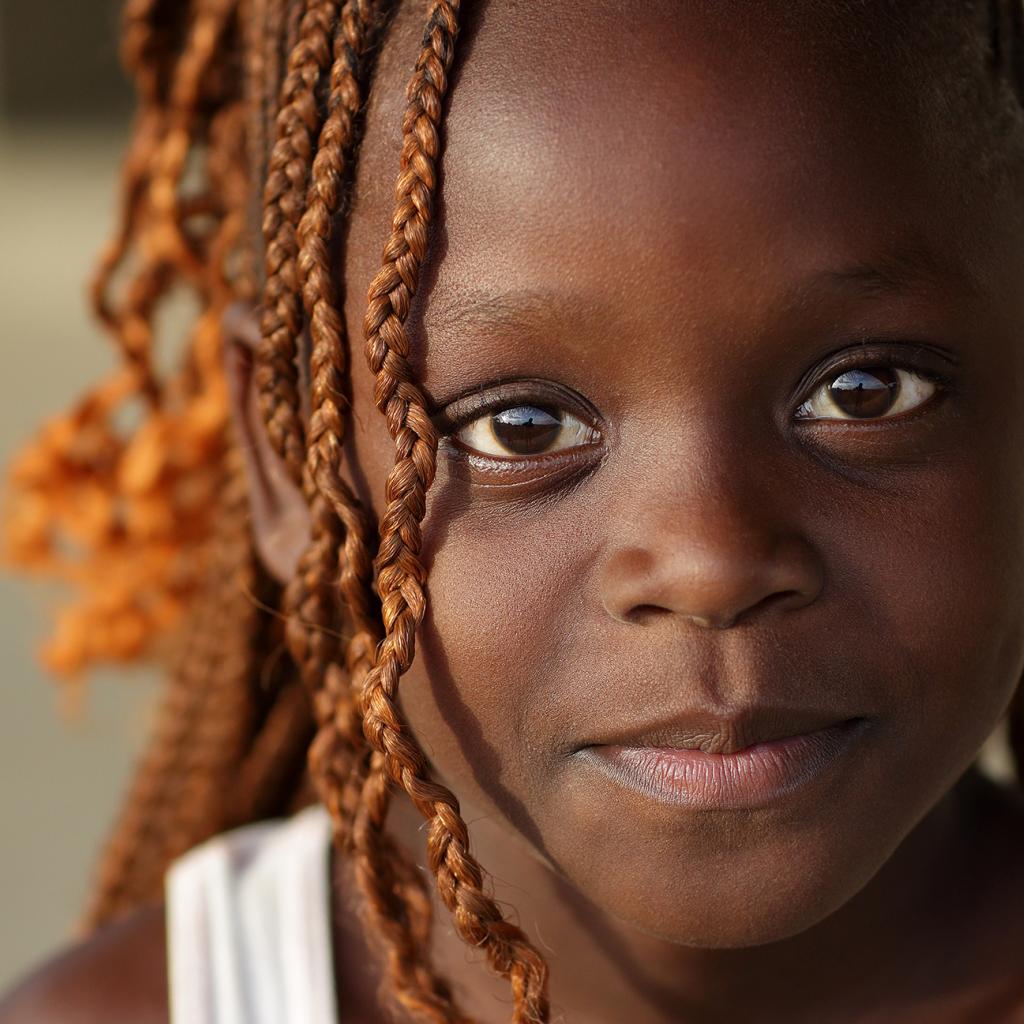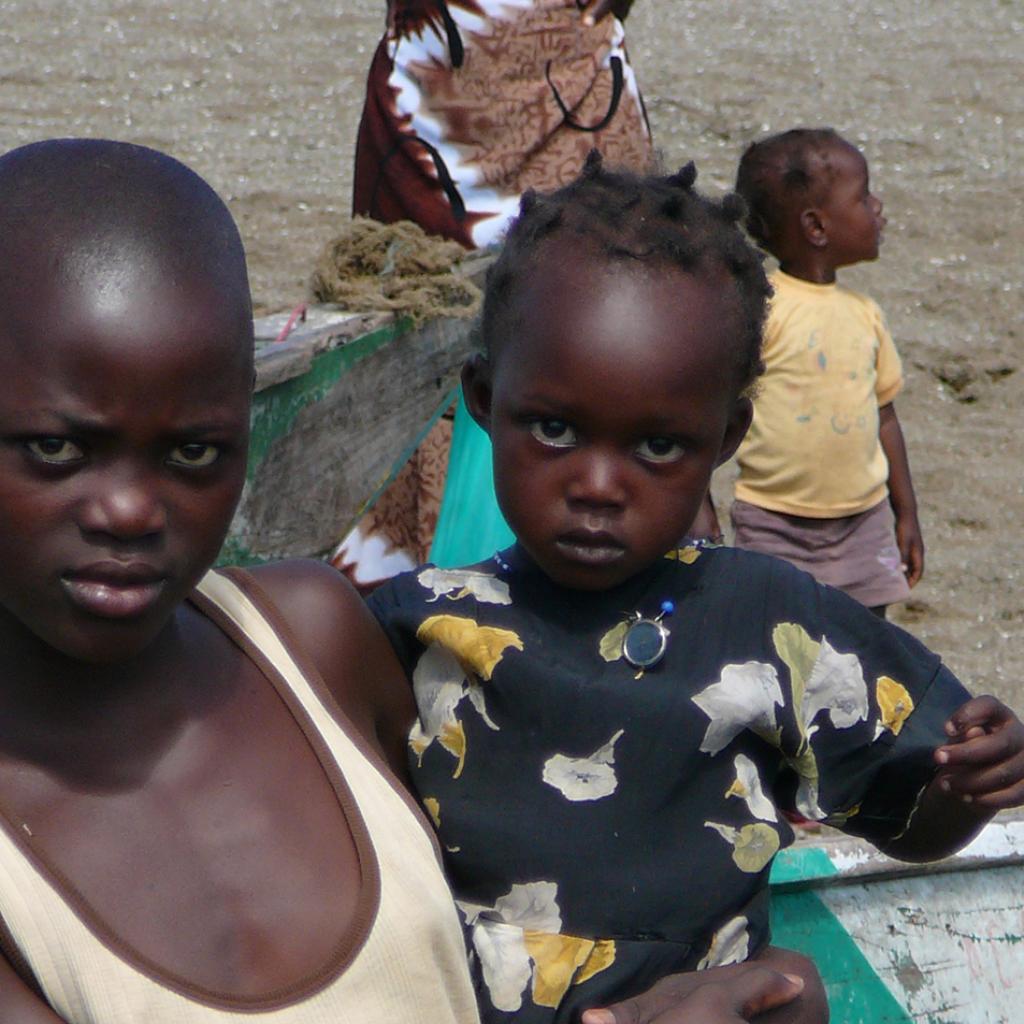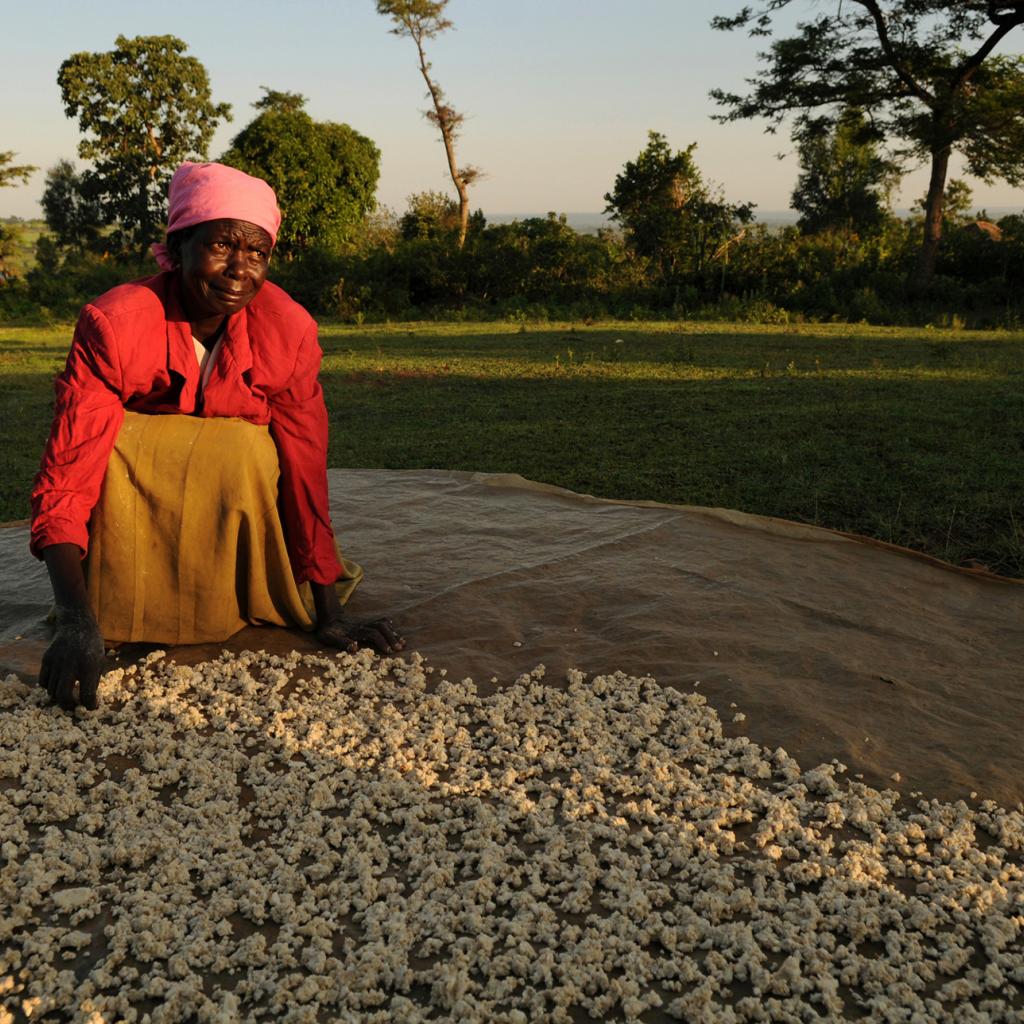The Luo, a population belonging to the Nilotic strain, perform a series of rituals and festivals to honor their dead, and this is due to the strong fear and respect they have for the dead.
Death is seen as a rite of passage and is celebrated with elaborate rituals; burial affects the entire community and the relatives of the deceased come also from afar to attend this event that provides that every Luo should be buried in the Luo ground.
The mourners weep, sing and dance to chase away the spirits of death who have taken their loved one.
Traditionally the funeral consists of fourteen rituals that are celebrated in full only for the elderly; some of these rituals are not celebrated and this selection is made on the basis of age, sex and marital status of the deceased.
The first rite announces the death and it is performed by women in the early morning launching a long and shaky groan followed by the sound of drums.
This is followed by the ritual of the dead wake, this provides that close relatives of the deceased must remain inside the hut and watch over him until burial; this ritual can last a few days, so as to allow the distant relatives to return.
At the same time runs the ritual of the tomb excavation for subsequent burial.
At this point an elaborate ritual is celebrated to accompany the spirit of the deceased: men kill a cock and eat the flesh then drive the deceased cattle to the river for water to drag out the spirits; after this they return, accompanying cattle to the house of the deceased, shouting and singing louder and louder as they get closer to the goal.
The relatives are subjected to the ritual of shaving the hair, especially the spouse, so to free them from the mourning taboo.
The rituals that follow are: the return home of the relatives, the ritual of serving lunch to the deceased and the ritual of the visit to the widow or widower, this rite involves the sacrifice of an ox, and marks the end of mourning; from this moment he/she can join a new partner.
The last rites are similar to the division of inheritance, in fact the goods of the deceased are divided among his relatives and in particular the land and the animals are divided among the male children, while everyday objects and clothes go to his wife and daughters.
Other rituals are linked specifically to the social status of the deceased, for example if a girl died a virgin, an elderly woman is hired to deflower the body to avoid the girl's spirit to be angry and create damages to her relatives.
A similar ceremony is also performed in the case of a widow dead before remarrying, in this case, considering her "experience", a man is assumed to deflower her, the jakowiny, who is paid for his job.
For the Luo, it is an absolute taboo to commit suicide, if a person commits suicide, he/she is believed to become a ghost and punish those who spoke at his/her funeral, if to suicide he/she used a tree, it will immediately be cut down and burned.
Life, tradition and culture of Luo people
- Music and dances of the Luo
- The rites, ceremonies and beliefs of the Luo
- Marriage in the culture of the Luo population
- Luo's religious beliefs
- The funeral rites of the Luo people







